Zhou Guanghui: Why does the unified China be more than a thousand years?|
Author:China News Weekly Time:2022.06.30

not
Political and social governance measures of contemporary China
With both the universality of modernization
It also reflects the uniqueness of its own civilization development
For example
not
China News Agency reporter: Guo Jia
Number of full text: 2363
Estimated reading time: 8 minutes
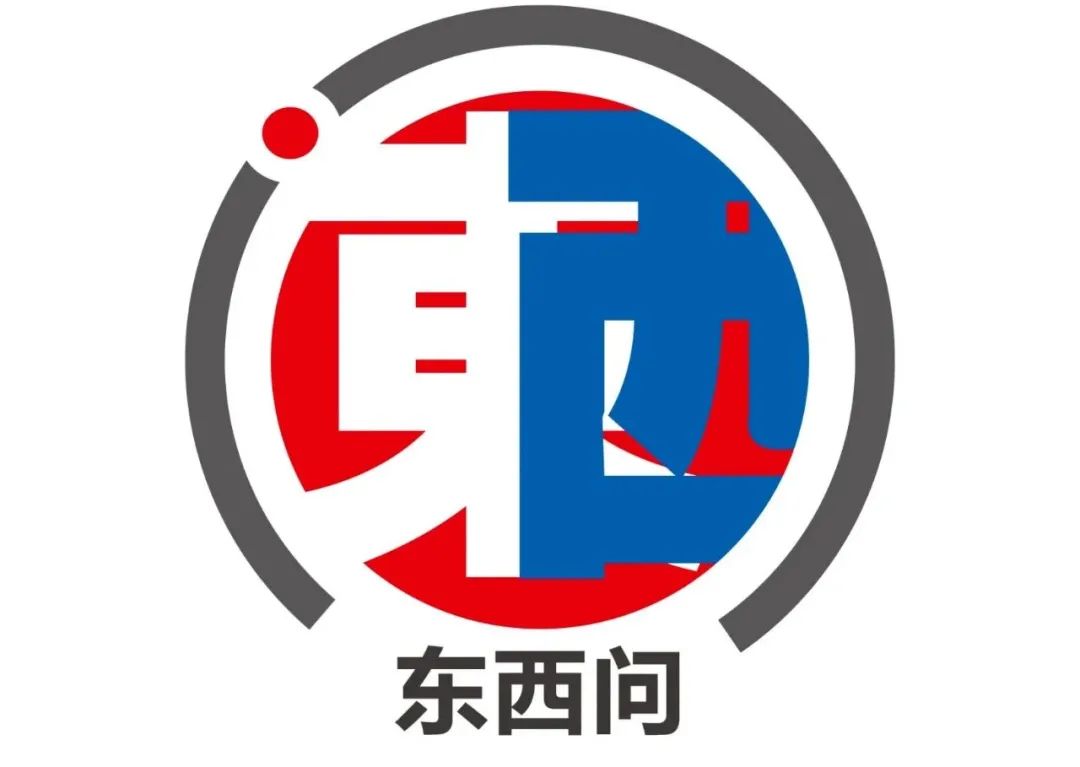
Since the Qin Dynasty, China has achieved effective governance of large -scale countries, and has been rebuilt after being broken, becoming a miracle in the history of world political history. Where does such a unique national toughness come from? The China News Agency's "East and West Questions" recently interpreted Zhou Guanghui, a professor at Jilin University.
Abstracts are currently recorded as follows:
Reporter of China News Agency: Why did the great empires in the history of the world disintegrated?
Zhou Guanghui: In the history of the world, it is not uncommon for the great empire to rule the people. In the same period of the rise and fall of the unified dynasties in ancient China, there were a unified empire such as the Roman Empire and Charlie Mano Empire, and the Arab Empire and the Ottoman Empire appeared in the Middle East.
However, under the technical conditions of transportation, communication and organization in the agricultural era, the large -scale physical space brings communication and control problems. If only the central government issues orders, national decision -making and administrative costs are very high. In addition, the long administrative control chain will cause serious commission -agency problems. Therefore, although many ancient countries tried to form a set of centralized institutional structure at the beginning of the establishment, in the historical development, in order to maintain effective rule, they had to put military, personnel, and fiscal power to the place, so as to fact form for formation formed A political and administrative system of indirect rule. For example, the Governor of the Persian Empire has autonomy on military, administrative management and foreign exchange. However, this power decentralization also objectively caused the weakness of the ancient empire in the central government and the construction of the bureaucracy, and laid a foreshadowing for the unlocking of the empire.
Reporter of China News Agency: How to create a unique national toughness in China?
Zhou Guanghui: Under the tension structure of the unified system and large -scale governance, the so -called national toughness is the characteristics of the long -term unified national forms in ancient China. In the era of agricultural civilization, the natural trend of the unified system is to fall apart. Compared with most of the previous modern large countries, the ancient Chinese unified dynasties are unique and have long -term existence in history with strong centralized centralization and band -layer colors.
First of all, the Qin Dynasty promoted the formation of the unity of words. "Books and Text" provides initial conditions for the unified country's condensing cultural community with historic continuity, and also provides possibilities for the formation of cross -regional cultural knowledge elites in ancient China. In contrast, even if the glory is like the Roman Empire for a long time, once Latin's written words are disconnected from spoken and spoken, they have evolved localized, and they can no longer be rebuilt after falling apart.
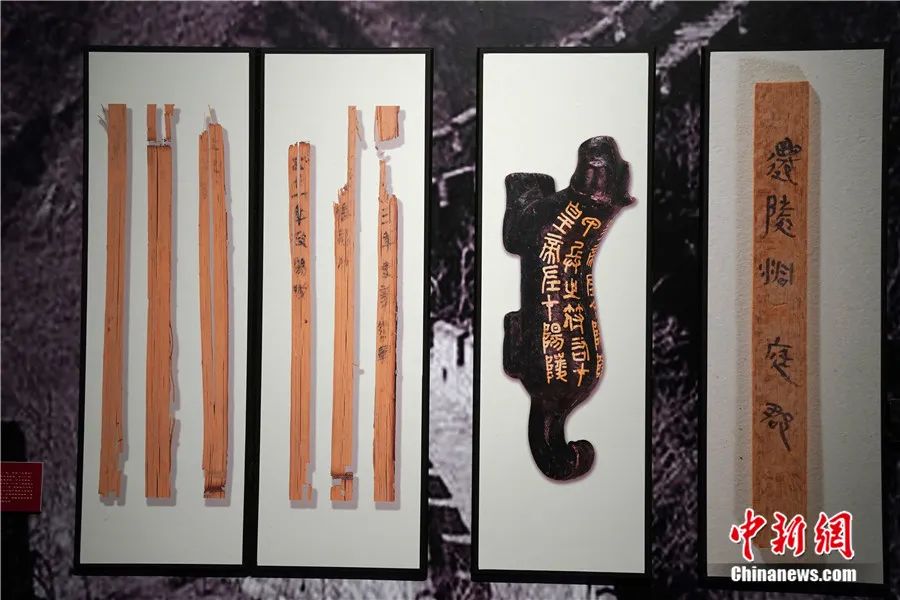
In 2019, the "Hunan Longshanli Lord Qin Jian Cultural Exhibition" was held at the National Museum of China. Photo by China News Agency Pan Xu Lin
Secondly, ancient China formed and long -term maintenance of cultural narrative with the "unification of the big unification". The "main narrative" based on Confucianism is based on the answer of "setting in one" as the answer to "the world is evil", and advocates "ruling one and chaos", and realizes reproduction through enlightenment. This narrative deeply acts on the fate of the country through the impact of people. Even if the dynasty has changed, the new dynasty tends to build a typical unified country of China, even if the regime established by ethnic minorities is no exception.
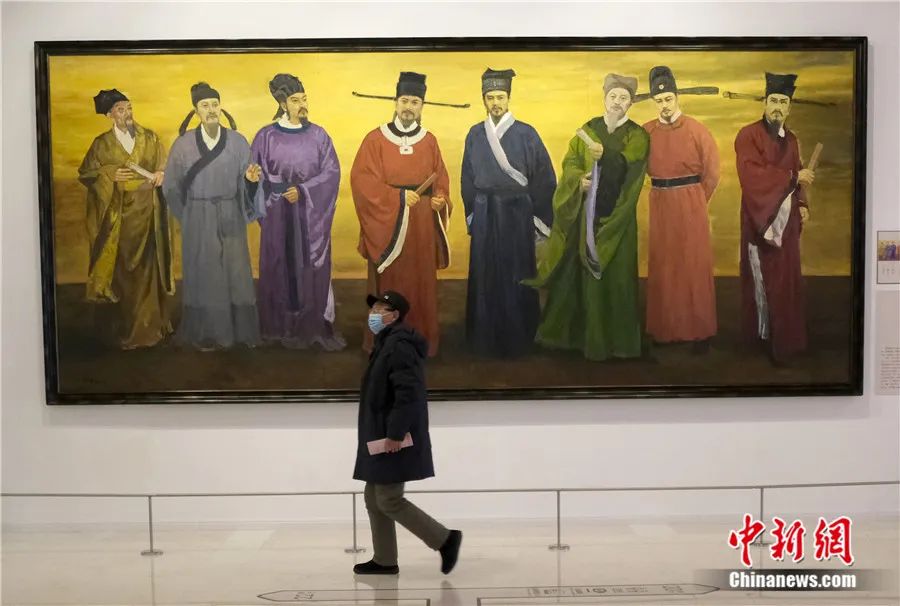
In January 2021, the visitors visited the Liaoning Provincial Museum "High Mountains and Water -The theme Cultural Relics Exhibition". China News Agency posted a golden karma photo
Finally, the scholars gather the three roles of township gentlemen, officials and knowledge elites. Since Emperor Hanwu's implementation of "a hundred families, recognizing the Six Classics" national policy and the creation of Taixue, knowledge and power have formed an institutionalized connection channel. Especially after the implementation of the imperialism system, the knowledge of taxi and people who are knowledgeable continuously entered the bureaucratic system, providing human resources for improving the bureaucracy of the science system. It was not until the development of the 15th century university system that the construction of the special layer system had human support, so it was relatively "late -maturing". In addition, the scholar -class class is deeply affected by the "main narrative" with the unification of the unification, which is a firm supporter of the unified national form. In the age of turmoil, the unification of the unification of the unified public opinion and organization.
Reporter of China News Agency: From the perspective of the development of civilization, what is the difference between Christian civilization, Islamic civilization and Chinese civilization in promoting the formation of national toughness formation?
Zhou Guanghui: Christian civilization and Islamic civilization have clear institutional religious colors. Although Chinese civilization includes religious genres such as Buddhism and Taoism, it is still a secular civilization with Confucianism as the main body. Confucianism has formed a systematic syndrome of the legitimacy of the ancient unification of the country, and has the most influence on the forms of ancient Chinese national forms. In contrast, the legalization system that the feudal kingdoms such as Western Europe and the Middle East rely on comes from super -trimative divine religions such as Christianity and Islam. Sinologist Fei Zhengqing pointed out, "When most empire rules in the world rely on religious authority, Confucianism provides a rational and ethical basis for the exercise authority of the government. "" 2021 Confucian Classic Cross -Language Reading Conference Annual Ceremony "was held in Jinan, Shandong. Chinese culture enthusiasts from 47 countries recite Confucian classics. Photo by Lu Yan, a reporter from China News Agency
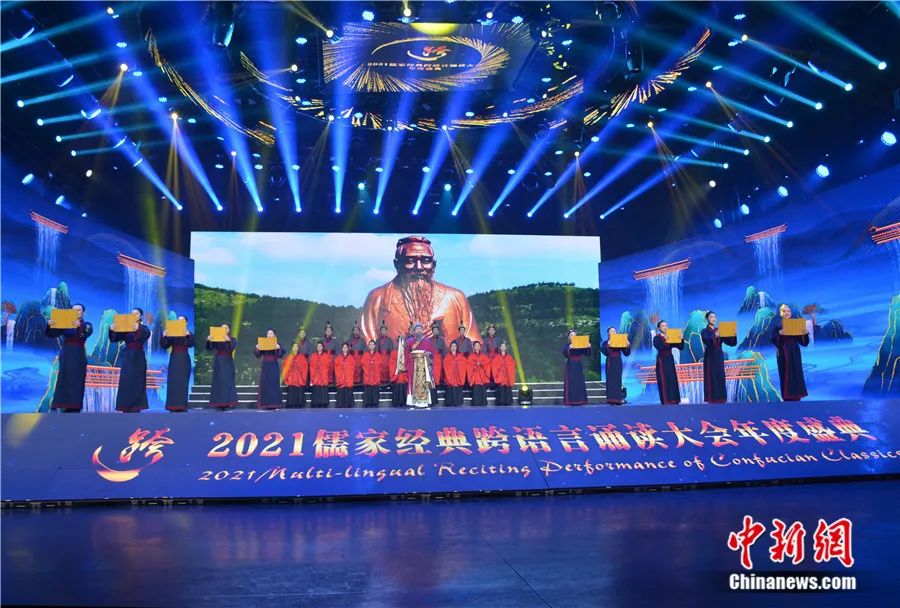
As a civilized civilization with strong religious colors, the countries of Christian civilization and Islamic civilization have historian Tang Yin Bi Yin's "great unified church", and the secularity of Chinese civilization determines that there is no domestic in China that can be compared with the imperial power. There is no highly organized church with teaching rights. Therefore, no religious war occurred in Chinese history. Historian Socialist Essestad concluded: "There is no organizational church in China. The temples of the Tang Dynasty are the most similar to the concentrated church system, but it is still unblocked with the European Catholic Church. Religion has become an independent unit that is fully organized. "Therefore, the development of Christian civilization and Islamic civilization is not fully attached to a certain national form, which is relatively more than the church and believers. The long -term continuation of a specific state form is also manifested as the national toughness observed.
Reporter of China News Agency: What important historical heritage did the unified system that lasted for thousands of years?
Zhou Guanghui: From the Qin and Han dynasties to the late Qing Dynasty, the national form is the most long -lasting and most important national form in Chinese history, and it is also the historical starting point for the construction of modern Chinese country. The form of a unified country profoundly shaped the territorial space, ethnic structure, value concept and governance model of contemporary China, and provided a considerable historical heritage for the national governance of contemporary China. This makes the political and social governance measures of contemporary China not only have the universality of modernization, but also reflects the uniqueness of its own civilization development, such as the unique education politics of China in ancient times.
On March 30, 2021, at the Experimental Primary School Children's Theater in the Rugao Economic and Technological Development Zone in Jiangsu, teachers and students were reciting "De Run Chunfeng Education". Photo by Xu Hui from China News Agency
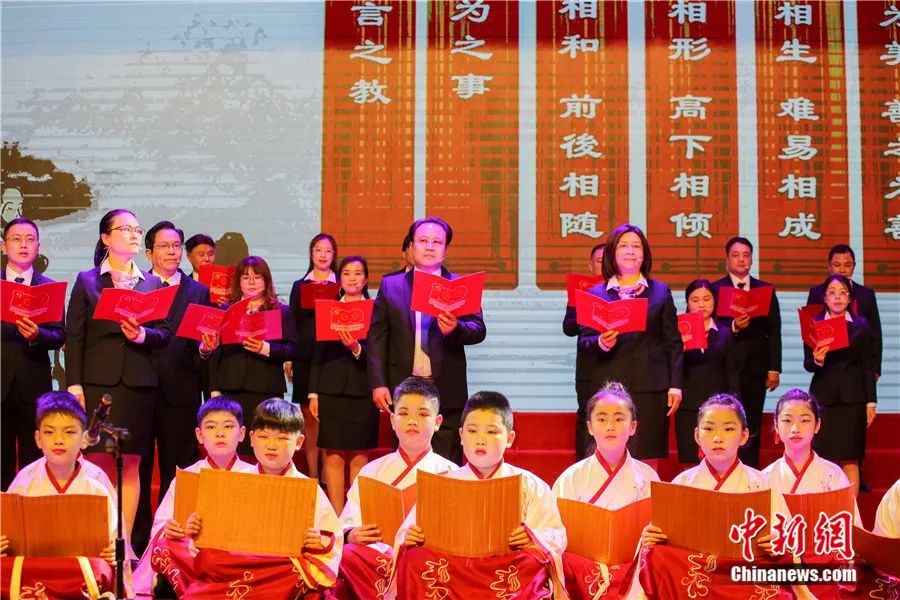
Education is the governance method of combining morality, culture and education. Because the ancient unification of China did not have the "big unified church" that dominated the spiritual world, the state assumed the responsibility of spreading the mainstream culture and shaping the cultural community. Through education, the ideological, lifestyle and social customs advocated by the Da -Dajie dynasty were manifested and promoted. In maintaining the stability of the unification of China in ancient times, education has played a vital role. The civilization tradition of different countries will have a profound impact on the choice and process of its modern roads. The historical heritage of China's education for thousands of years has also provided us with a reference perspective for us to observe and understand the practice of contemporary China. For example, in school education, it is clearly required to use the "Lidu Shi" as the fundamental task of education.
Some of the beneficial content and methods adopted by ancient China in educational politics are worthy of reference. Compared with the past education, contemporary China ’s education and propaganda should be modern and international, reflecting the value of modernity. During the critical period of China's modern development and change, the tradition of educational tradition will still play a positive role in condensing human morale and maintaining national stability and development. (Professor Zhou Guanghui’s doctoral student Zhao Dehao also contributed to this article)
Introduction to the interviewee:
Interviewee confidence
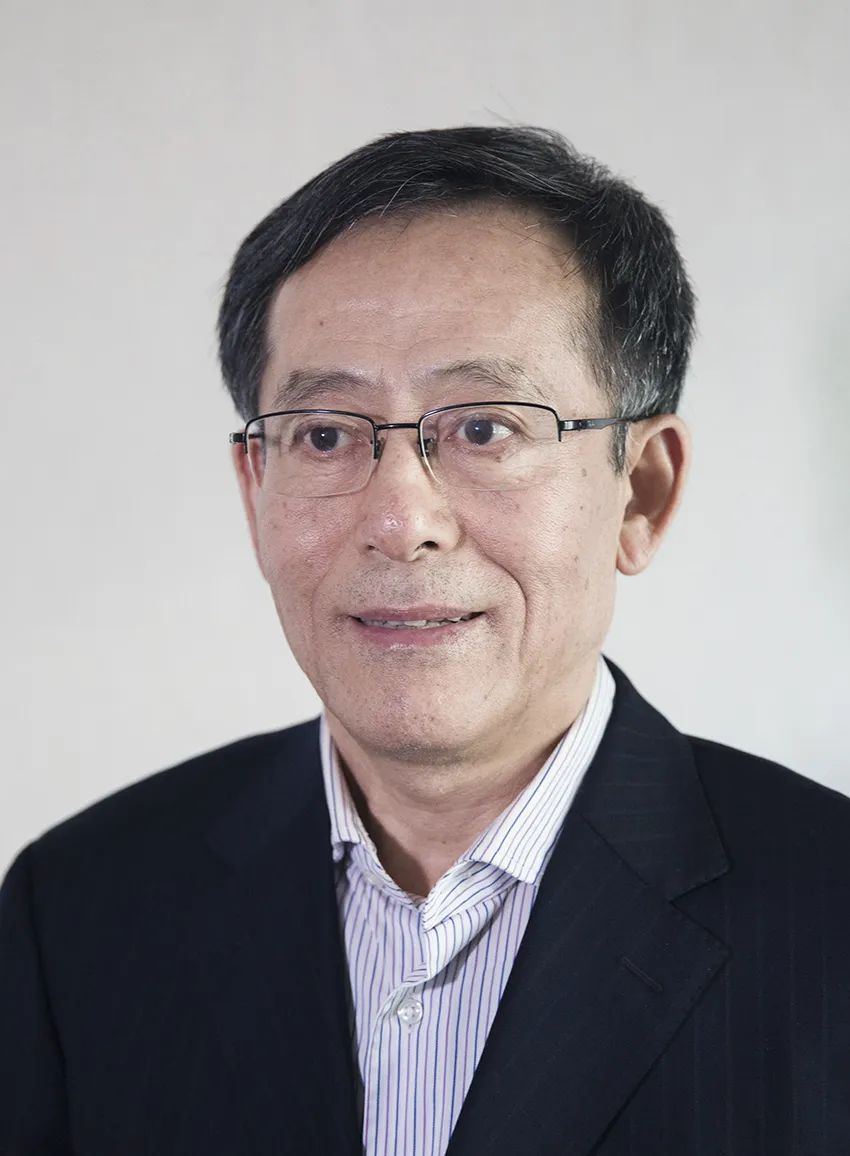
Zhou Guanghui, Ph.D. in Law, Professor of Jilin University School of Administration and Jilin University Social Justice and Government Governance Research Center, National Governance Coordinated Innovation Center, Director of Academic Committee of the Academic Committee of the Department of Social Sciences of Jilin University, researcher at the National Institute of National Governance of Peking University, Politics of the Ministry of Education College Deputy Chairman of the Academic Discipline Teaching Guidance Committee. In 2008, he was rated as a national teaching teacher. In 2011, he was selected as the "Changjiang Scholars' Special Professor" program in the Ministry of Education. In 2014, he was selected as a leading talent in the national science and social sciences. The main research fields were political theory and contemporary Chinese politics.
Zhao Dehao, a doctor of law, was selected into the Jilin University Benben Passing Training Plan in 2016, was selected as the "Asian Campus" plan in 2018, and went to South Korea to exchange and study. It mainly focuses on the development and evolution of national construction and the development of ancient Chinese national forms, and has published many academic papers.
Text Editing: Wen Longjie
Image editor: Man Huiqiao
- END -
Art Space | HD big picture!Look at the peak of ancient Chinese figure painting
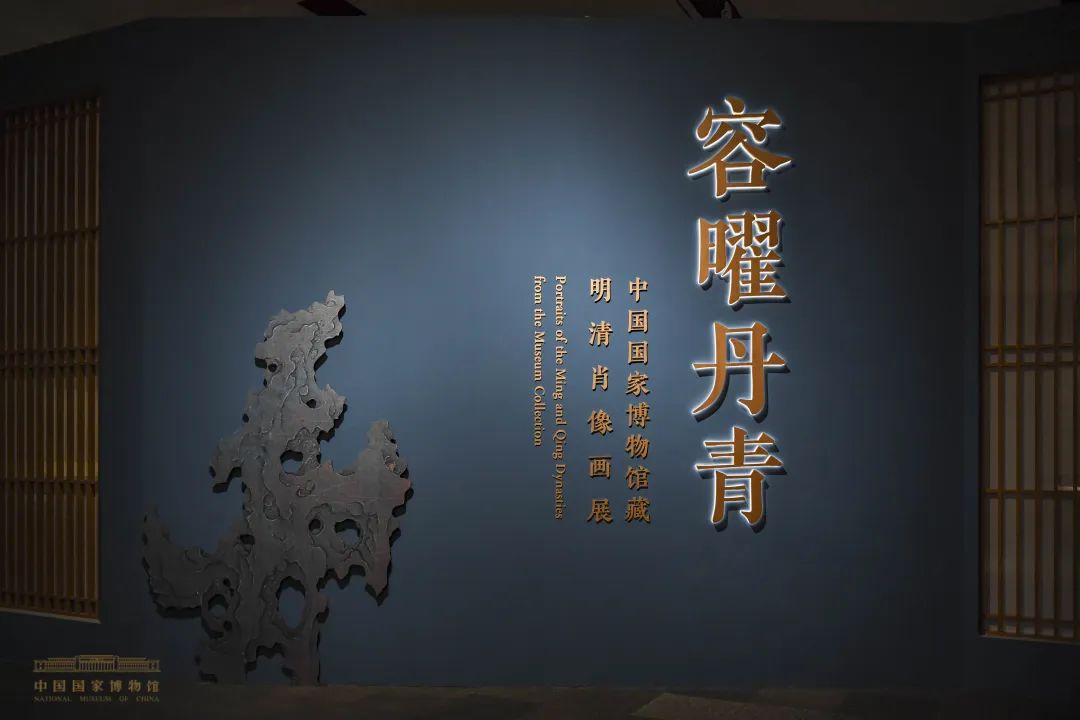
Portrait painting in China has a long history and a long history. Portrait paintin...
Post -95 Archaeological Female Doctor, what to attract millions of fans
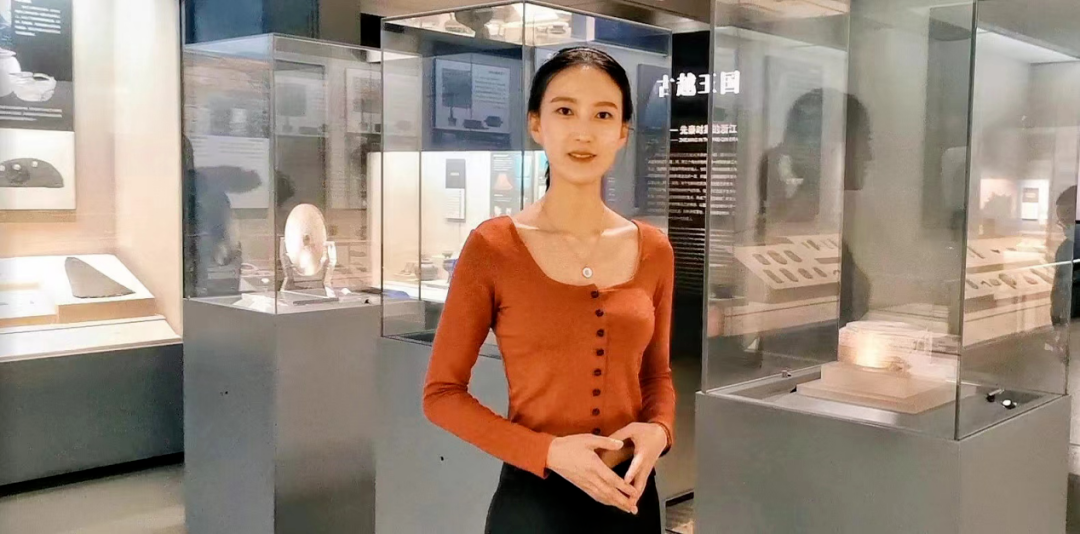
SummaryChinese Youth CommentWith dry goods and grounding, it can enhance the sprea...